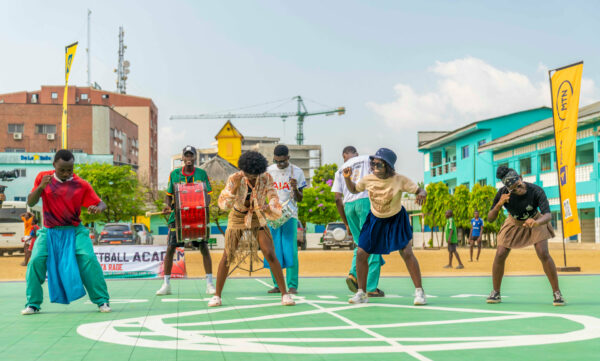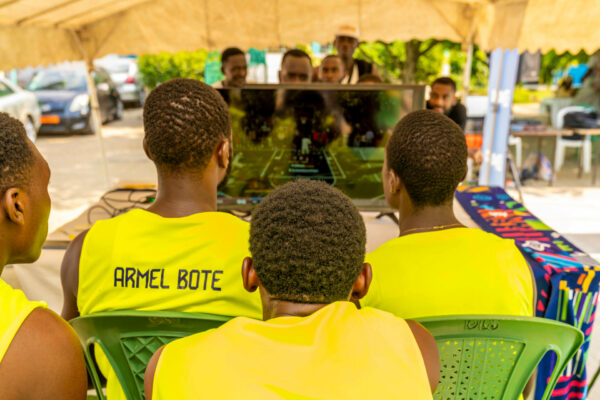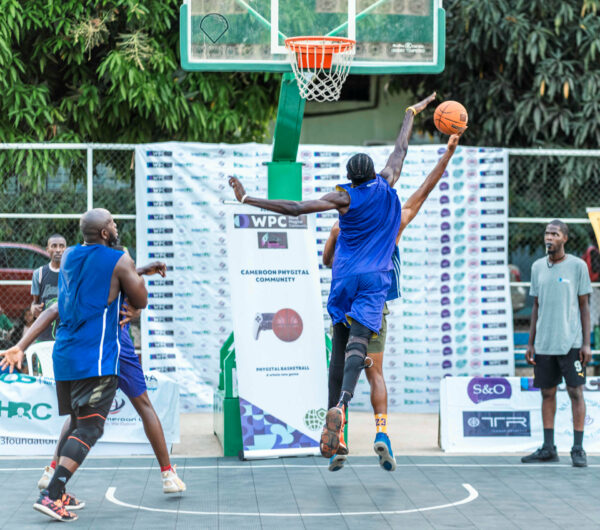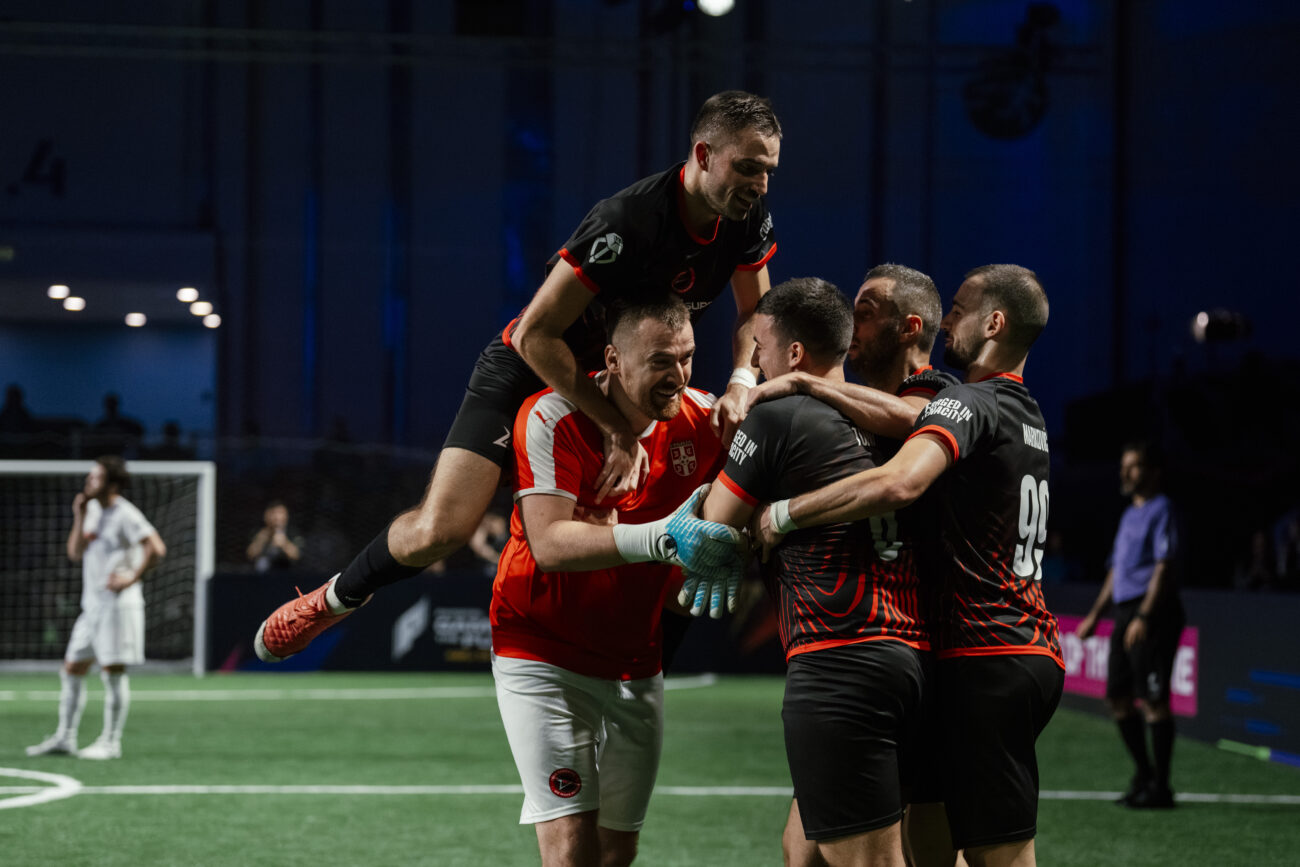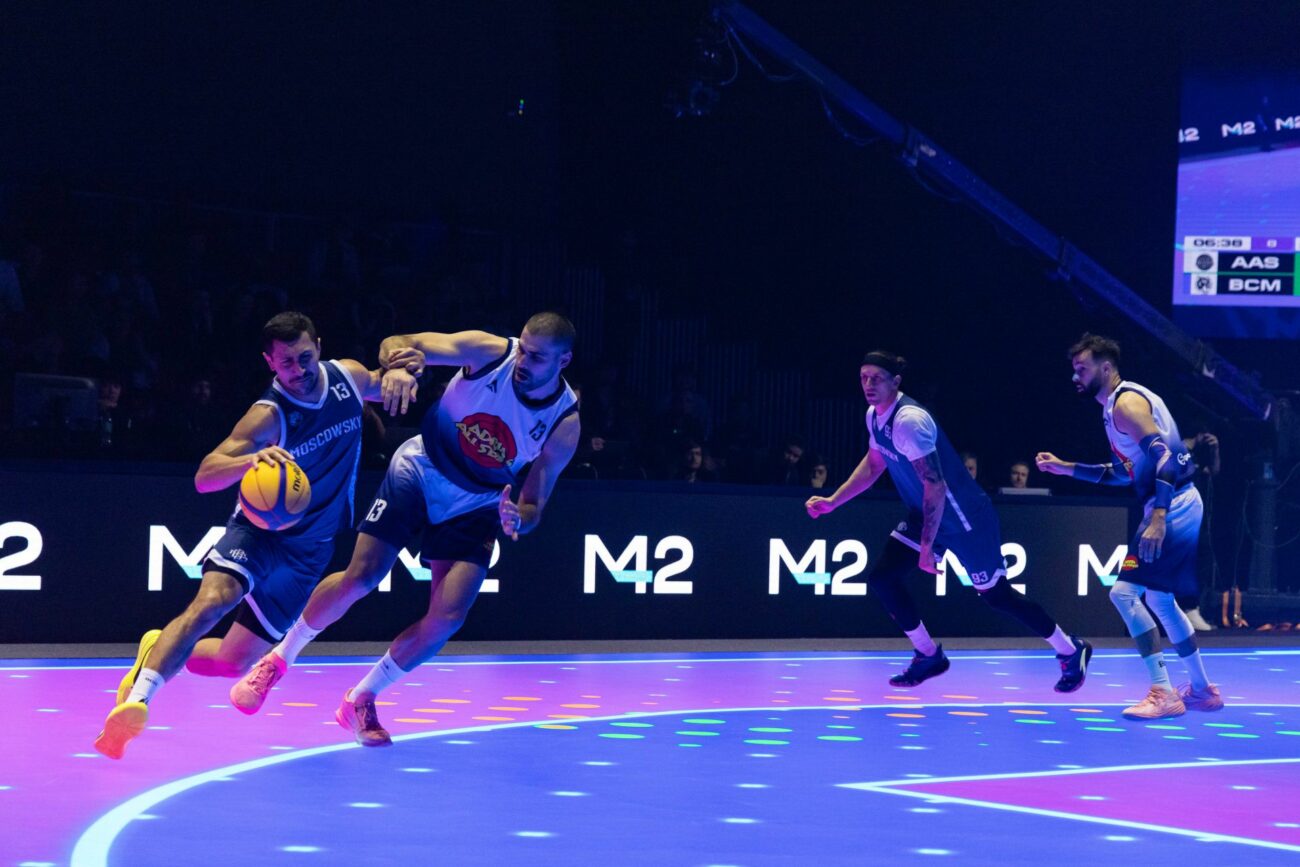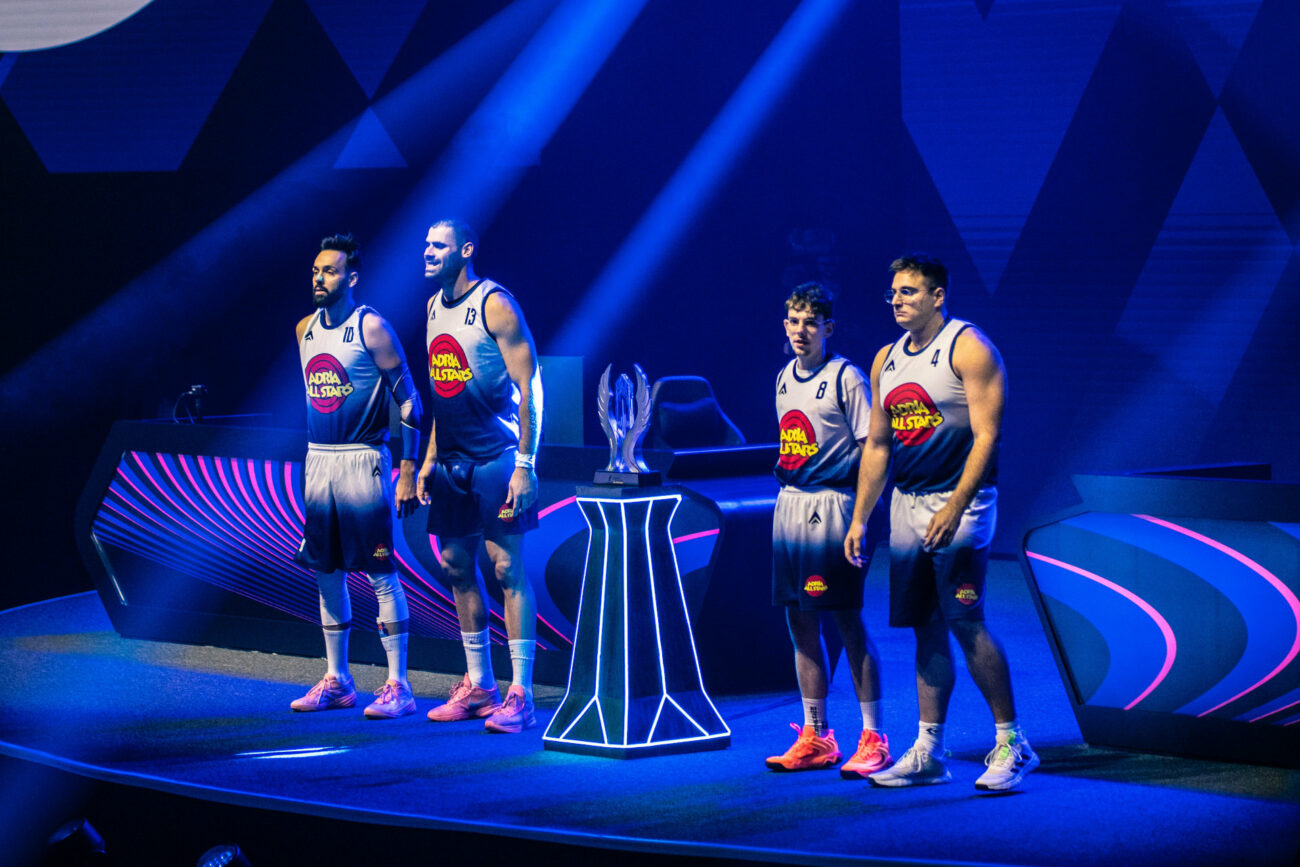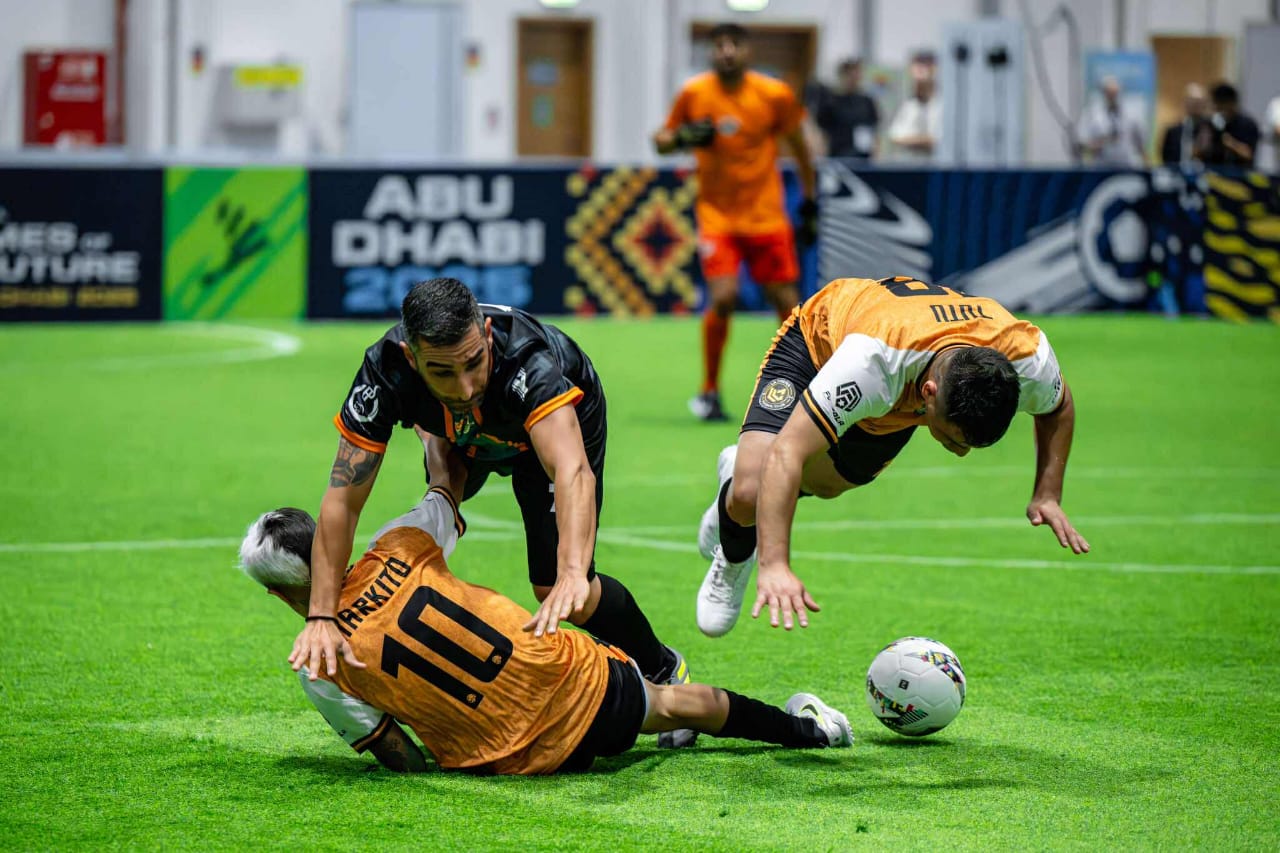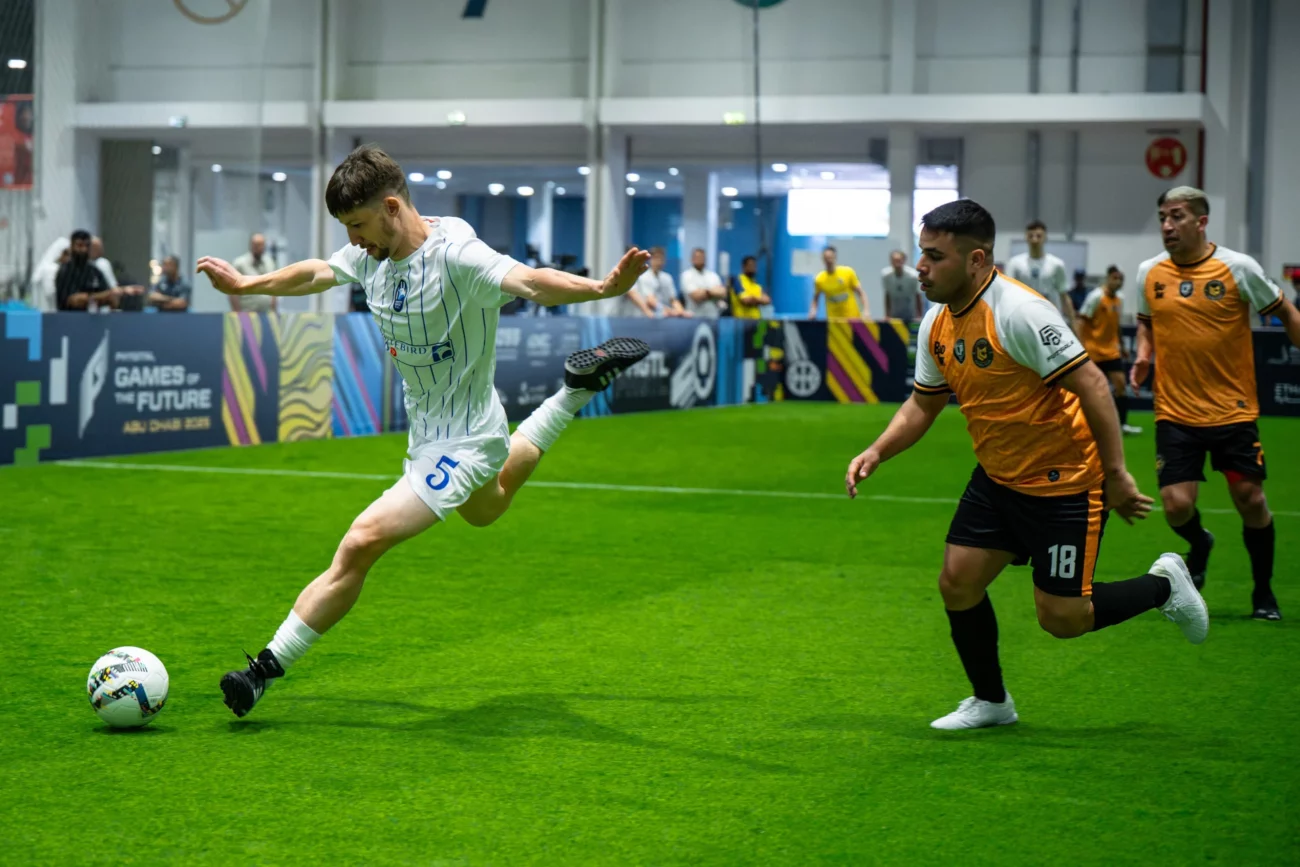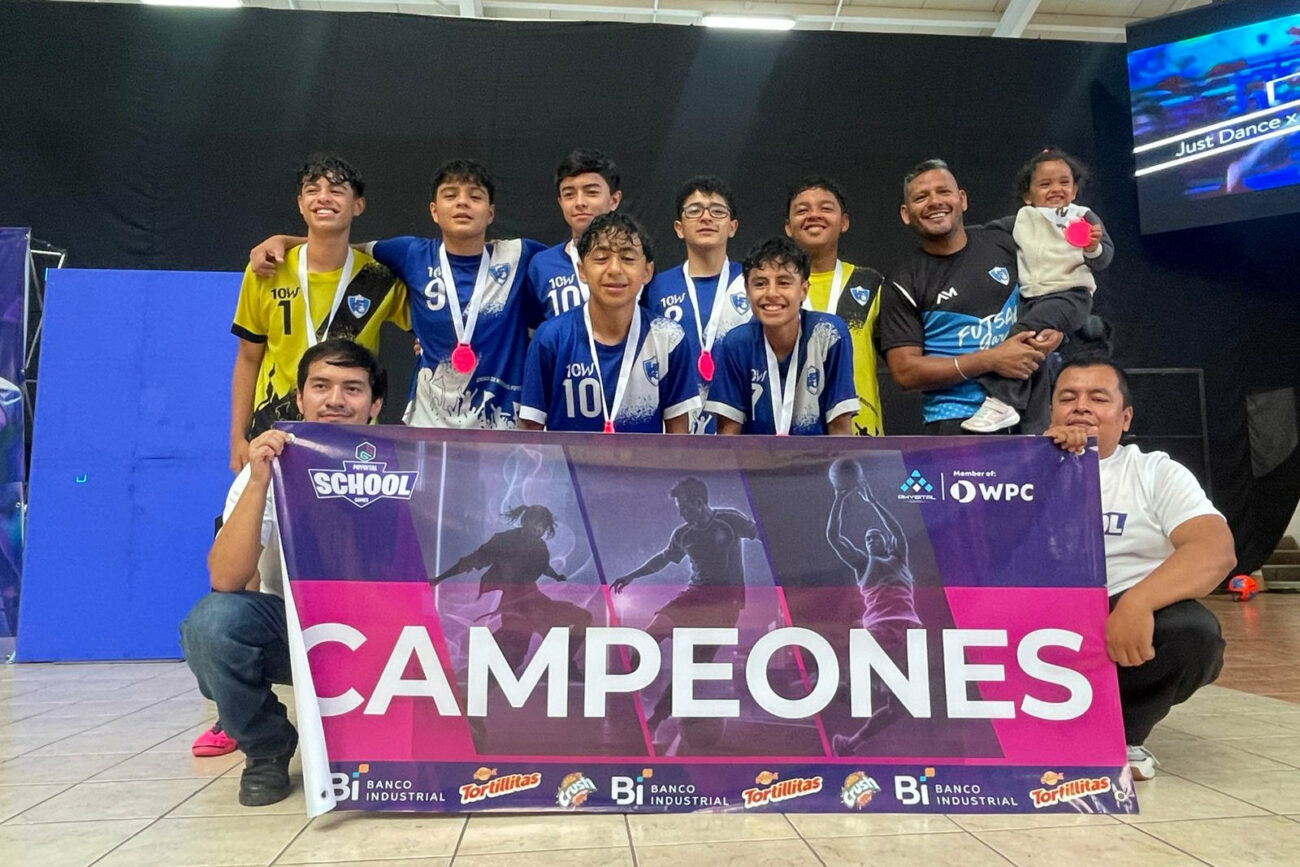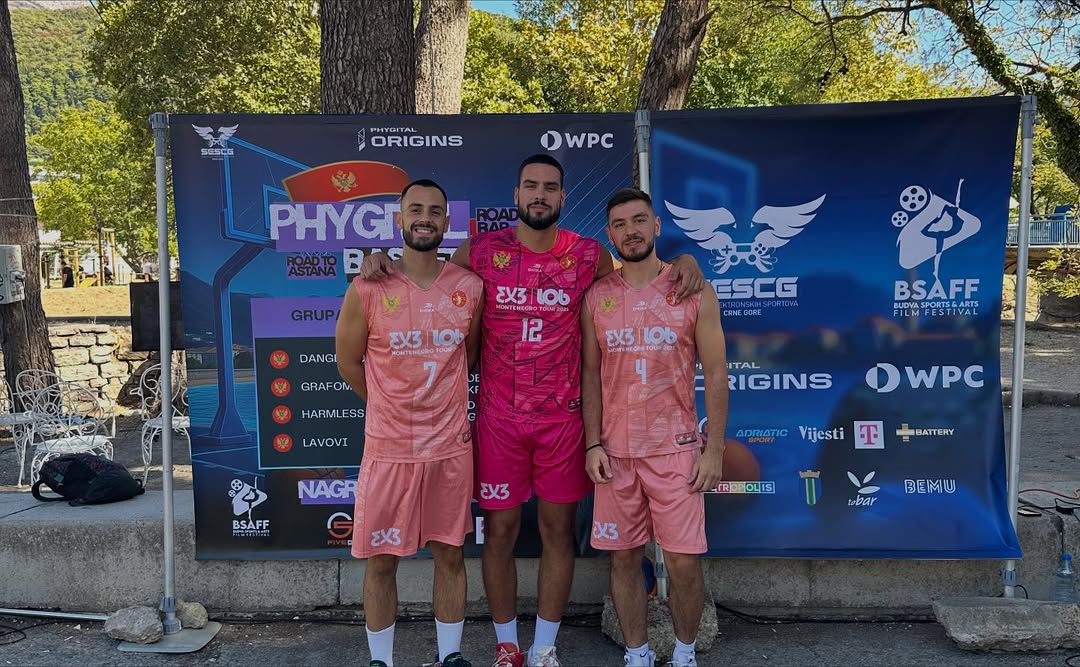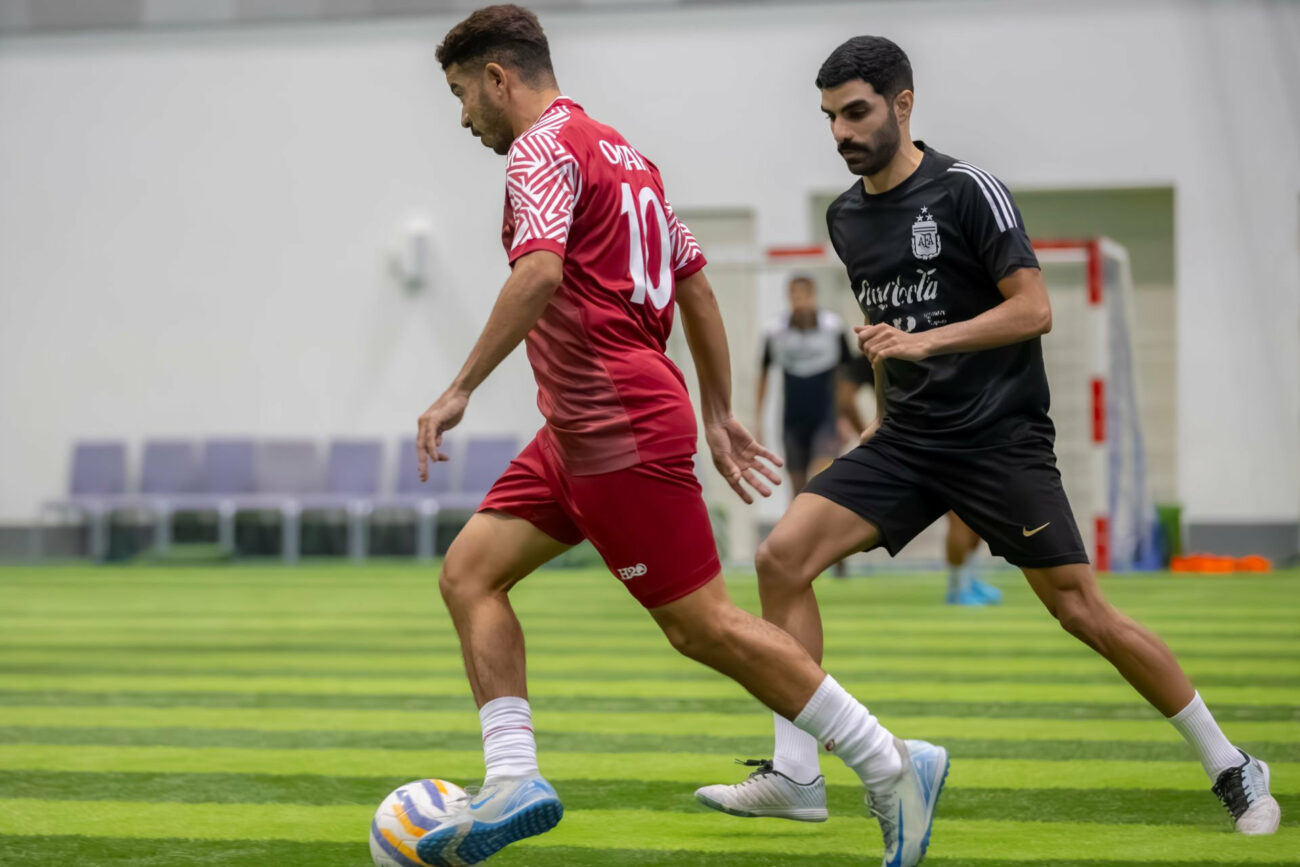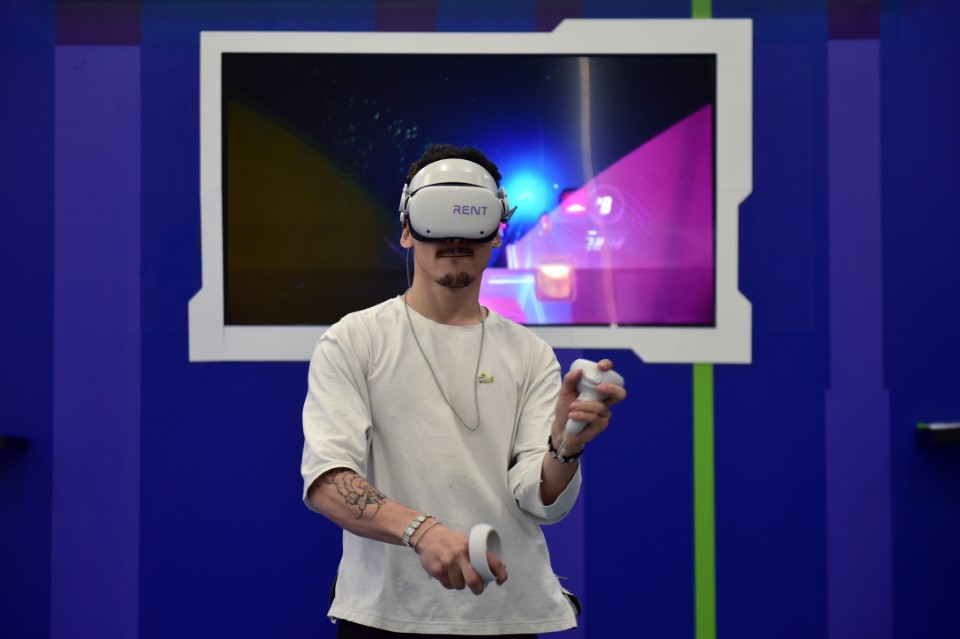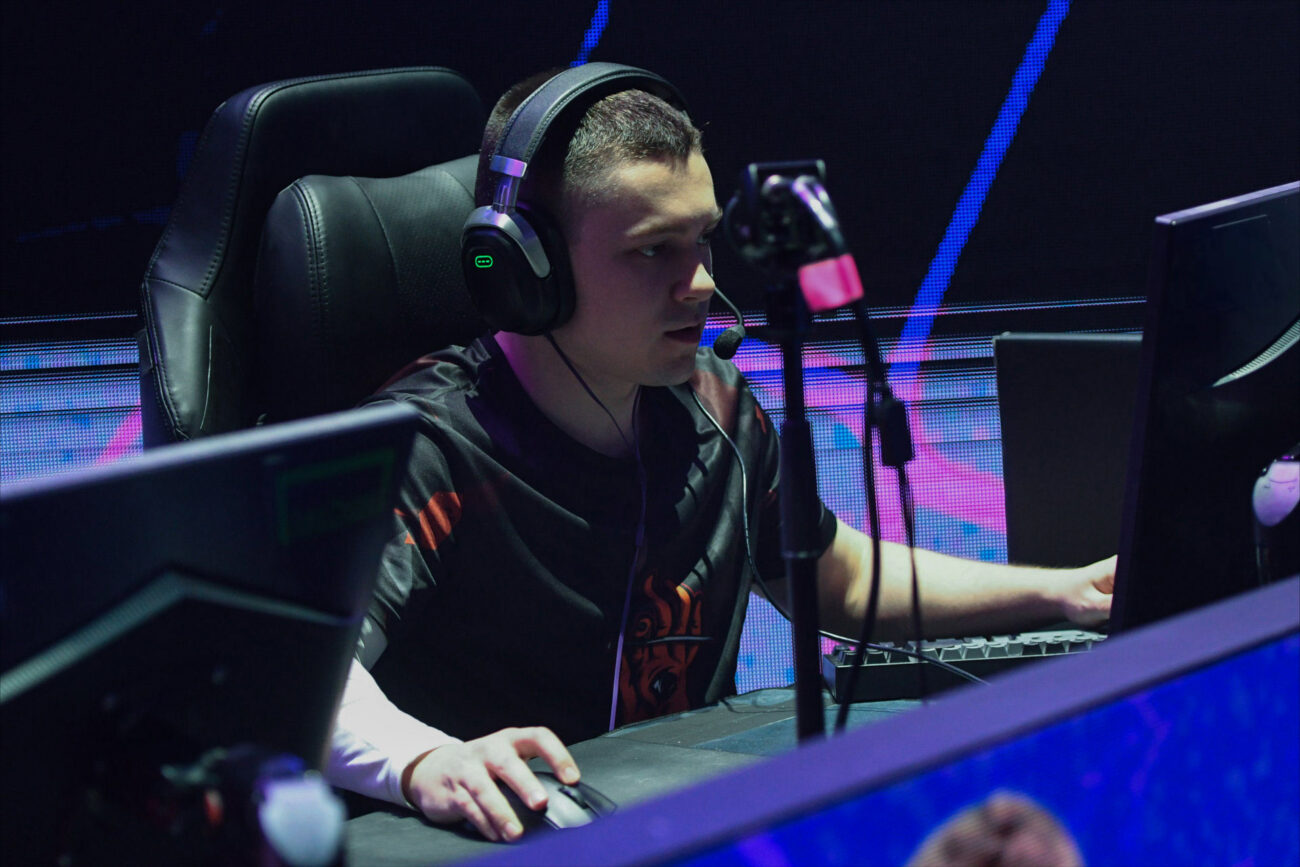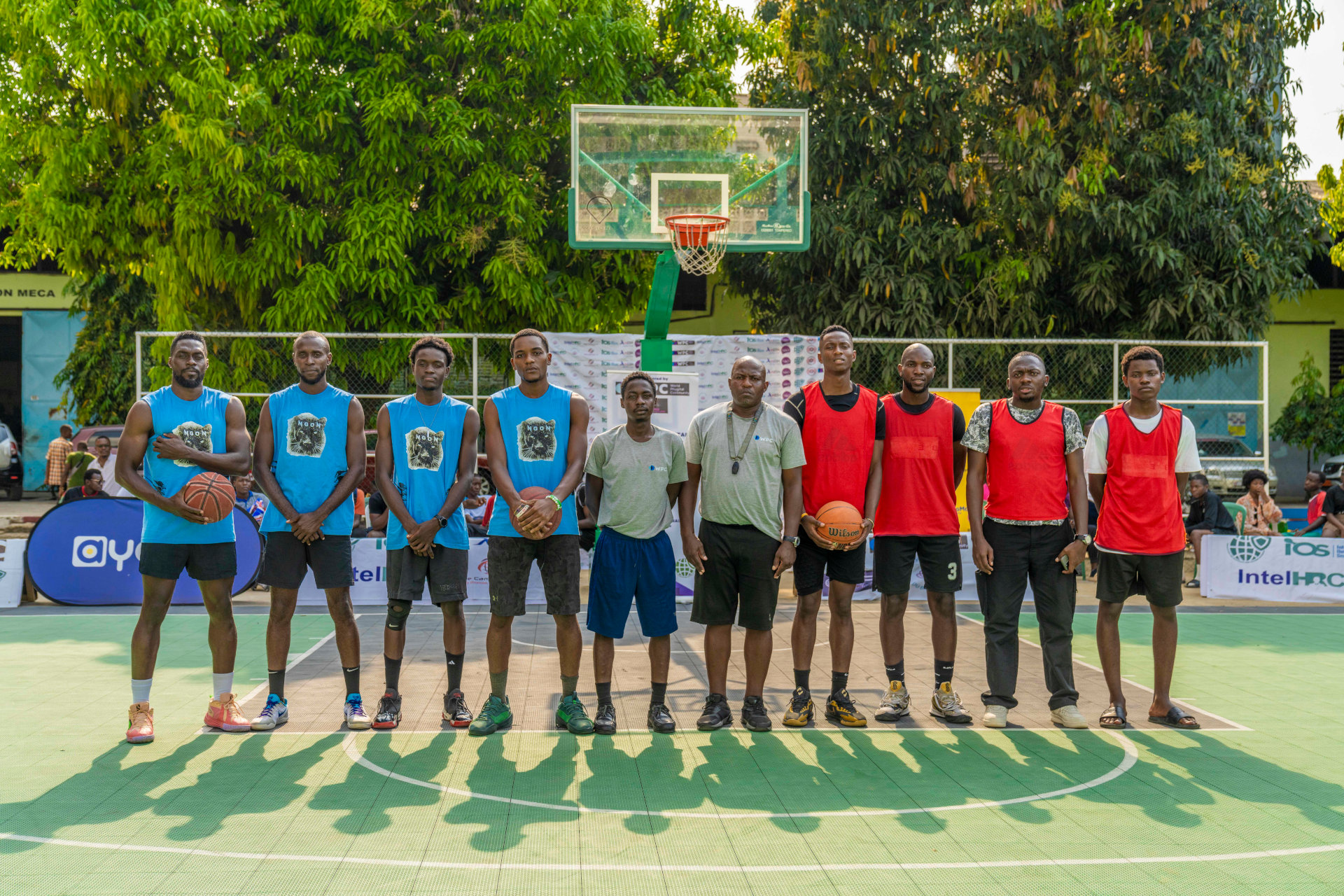
The Cameroon Association for Technology and Cultural Exchange (CATCE) has taken an innovative leap in blending traditional sports with modern digital experiences through its successful organization of a GOTF Major tournament in Phygital Basketball on December 7th, 2024. As a proud member of the World Phygital Community, CATCE is setting a benchmark in promoting phygital sports in Africa. This groundbreaking tournament brought together physical basketball games and virtual matches, capturing the imaginations of local communities across Cameroon.
In this Q&A with Francline Fonderson, President of CATCE, we explore the strategies, challenges, and triumphs of CATCE in making this event a reality, offering valuable insights into the organization’s approach to funding, logistics, and community engagement.
— How did you acquire financial resources for your tournaments?
— Firstly, from personal funds, then friends and family. And after organizing GOTF Minor tournaments, which gave us some credibility, we started sourcing sponsorship from companies. We were able to secure funding from MTN, a major telecom company in our country and across Africa.
— How did you acquire and supply the necessary equipment for your tournament?
— This is a long-term commitment for us, so we started by gradually buying equipment that would serve at every stage of the tournaments, such as consoles, games, balls, nets, etc. For larger items, we had to rent them initially because transportation was difficult, and financial resources were limited. We also encouraged teams to find their own sponsors for gear.
— How did you find and recruit teams for your tournaments?
— Initially, we used our online platforms: Facebook, Instagram, and TikTok. We later contacted sports academies and veteran sporting clubs to recruit players. Individual athletes who expressed interest were grouped together to form teams. We also collaborated with popular local sports figures to promote the project and encourage participation.
— What challenges did you face during the tournament, and how were they addressed?
— Like with any event, we had challenges. These included finding venues that could meet the technical requirements of running a phygital competition to having to find last-minute replacement teams when some people weren’t able to attend. So, the normal experience for any event organizer dealing with infrastructure, logistics and athlete coordination.
However, to address these challenges we just communicated clearly with everyone, worked closely and collaboratively with local authorities early in the process, and devised contingency plans for team replacements and were able to deliver a successful tournament – with lots of learnings for next time!
— Do you have any tips for others delivering their tournaments?
— Oh yes, we have lots of learnings and tips but here’s some key ones that should help others deliver engaging events:
- Seek authorization and support from local administrative authorities to ensure a smooth event
- Make sure all teams fill out their entry forms at least a day before the tournament and ensure they all have at least two sets of jerseys in different colors
- Have replacement teams ready for those who may drop out at the last minute
- Prepare your venue at least one day before the tournament
- Whatever the length of your tournament, build in a trial day before it officially starts to identify and fix any issues that might arise
- Include cultural and social activities during breaks, such as performances by artists, dance groups, or comedy skits
- Most importantly, use WPC match reporting tools to manage your tournament effectively
